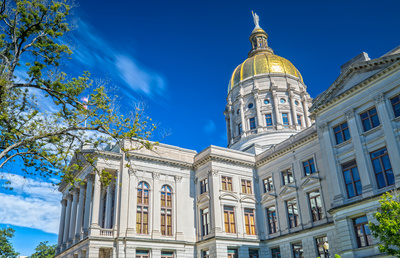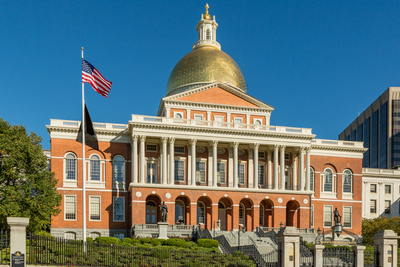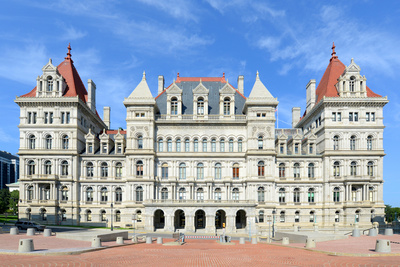
Data Centers, Tax & Budgets
States Rethink Data Center Tax Incentives as Costs Soar
February 4, 2026 | Morgan Scarboro
August 26, 2016 | Bill Kramer

Almost every state is constitutionally required to balance its budget. But state lawmakers know that there are exceptions to every rule — including balanced budget requirements. Governor Malloy (D) is urging his legislature to put an end to one such practice in Connecticut by adding a “lockbox” constitutional amendment to protect transportation funds.
Every state — outside Alaska — deposits transportation revenue (gas taxes, tolls, vehicle fees, etc) into a designated account, and in nineteen states this account is called a transportation “trust fund.” These trust funds are intended to be used only for transportation related expenses.
But for lawmakers looking to balance a tight budget, these "off limits" trust funds are ripe for the picking. Many states can dip into the transportation trust fund, shift any surplus in that dedicated fund to general operating expenses, and claim — on paper — a balanced budget.
This strategy is akin to someone transferring money from their savings account to their checking account and claiming they made money. But in tough fiscal times, state lawmakers will do what it takes to secure a “balanced budget”.
This is the type of budgetary shenanigans Governor Malloy wishes to curtail. And he's not alone. Most recently, voters in Maryland and Wisconsin approved ballot measures in 2014 to prohibit state lawmakers from spending transportation trust fund money for non-transportation purposes. California, Delaware, New Hampshire, Pennsylvania, and Tennessee have similar restrictions. California strengthened its transportation trust fund protections in 2010 when voters approved a ballot initiative prohibiting the state from borrowing fuel tax revenue to balance the budget.
But even these restrictions are not without exceptions. For example, the Montana Constitution allows lawmakers to spend highway funds for non-highway purposes if three-fifths of each legislative chamber approves. In Virginia, the governor or legislature are only required to include “a plan for repayment of funds diverted within three years of such use” to avoid the state's transportation trust fund protections. Such exceptions are included so that policymakers have options in case of a fiscal emergency (e.g., a Great Recession decimating state revenues).
Nonetheless, such protections may be of diminishing importance. Inflation, vehicles with greater fuel efficiency, and the rising popularity of hybrid and electric cars, have eaten away at the value of gas taxes in most states — the primary revenue driver for transportation trust funds. If state policymakers fail to raise appropriate revenue for transportation projects, there will be no surplus funds within the “lockbox” in which to raid.
Interested in more content like this? Follow Bill @Bill_MSA.

February 4, 2026 | Morgan Scarboro

February 3, 2026 | Kerrie Zabala

January 21, 2026 | Morgan Scarboro